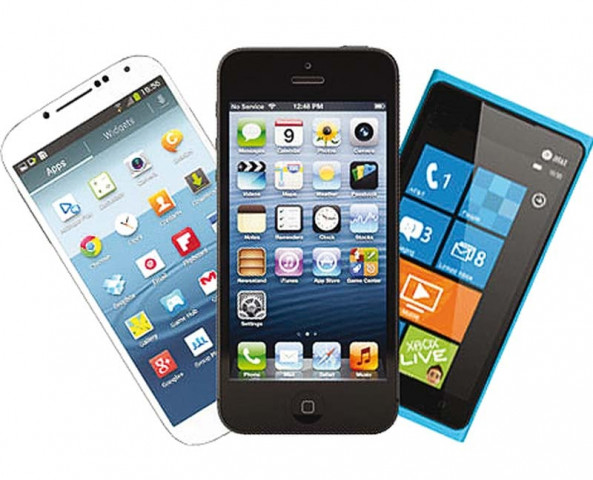The not-so-smart phone
Study says phone usage making people impulsive

The research suggested that increased use of portable electronic devices led to poor impulse control. PHOTO: FILE
For the study, the two researchers gave 91 undergraduate students a few questionnaires and cognitive tests to take. The material would indicate how much time the subjects spent using their phones for social media purposes, such as to post status updates or simply check their devices. Each student’s tendency to delay gratification in favour of larger rewards later was also assessed. They were given hypothetical choices between a smaller sum of money provided immediately and a larger sum to be received at a later time and date.
The results, published in Springer.com’s journal Psychonomic Bulletin and Review2, provided evidence that people who in the habit of constantly checking and use their mobile devices throughout the day are less likely to delay gratification. “Mobile technology habits, such as frequent checking, seem to be driven most strongly by uncontrolled impulses and not by the desire to pursue rewards,” Wilmer noted.
Heavy smartphone use can make you depressed
The findings lend credence to the fact that increased use of portable electronic devices leads to poor impulse control, along with a tendency to devalue delayed rewards. “The findings provide important insights regarding the individual difference factors that relate to technology engagement,” Chein explained. “The results are consistent with the common perception that frequent smartphone use goes hand in hand with impatience and impulsivity,” he added.
Published in The Express Tribune, March 18th, 2016.
Like Life & Style on Facebook, follow @ETLifeandStyle on Twitter for the latest in fashion, gossip and entertainment.



















COMMENTS
Comments are moderated and generally will be posted if they are on-topic and not abusive.
For more information, please see our Comments FAQ